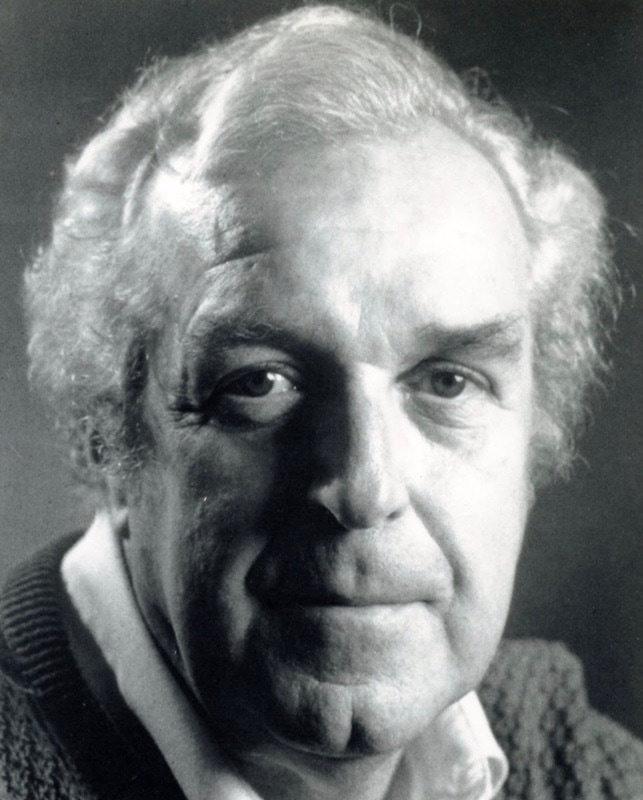|
More Than a Lyricist? Gene Lees Responds
As Told by Terry MacDonald Gene Lees, the author of the biography reviewed in this month’s issue, Portrait of Johnny, was, not surprisingly, a great admirer of the subject of his book, the lyricist Johnny Mercer. Lees, who died in April, 2010, at the age of 82, was a writer of many specialties, biographer only one among them. Once deemed “the best writer on Jazz in the world today,” he is remembered as the one-time editor of Down Beat magazine, for which he wrote record reviews and artist profiles, conducted and published interviews with the day’s jazz musicians, at the same time setting high literary and readability standards for the publication. Lees wrote nearly 100 liner notes for artists as diverse as Stan Getz, John Coltrane, and Quincy Jones. And personally, I remember him fondly as the author/publisher of the monthly JazzLetter, each edition six to eight manuscript-sized, printed pages that were mailed to his subscribers beginning in 1981 and continuing right up until his death. He began his career as a newspaper journalist and soon found himself also reviewing music performances, both jazz and classical. He was a foreign correspondent. He was a novelist. He even wrote a rhyming dictionary. And now we get to the point of all this: Gene Lees was also a lyricist. Many of the English language lyrics for bossa nova songs, translations from their original Brazilian Portuguese, were by Lees. Among them are the lyrics for the Antonio Carlos Jobim tunes “Quiet Nights of Quiet Stars” (originally “Corcovado”), “Someone to Light Up My Life,” “Song of the Jet,” “This Happy Madness” and “Dreamer.” He also contributed lyrics to the Armando Manzanero composition “Yesterday I Heard the Rain” and to Bill Evans’s “Waltz for Debby.” And there were others. So Gene Lees understood well the craft of lyric writing and the daunting challenge of putting down just the right words to go with a melody or, the reverse, writing words that would lend themselves perfectly to music. always insisting that it was far more difficult and more artful to fit lyrics to music than to write only for the printed page. And he had great respect for one who did that well, most particularly one who did it quite so well as Johnny Mercer. Which brings me to the anecdotal part of the anecdote. When Mercer died in June of 1976, there was a funeral and memorial service for him in his hometown of Savannah, Georgia, which Gene Lees attended. In the course of the event, Lees found himself in conversation with another attendee. “You know, Gene,” the other man said, “Johnny was more than a lyricist. He was a poet!” To which Lees responded, “No, Johnny was more than a poet. He was a lyricist.” |
Copyright ©2024 Seacoast Jazz Society, All Rights Reserved



